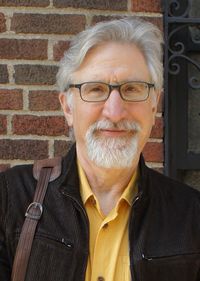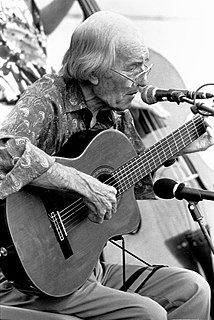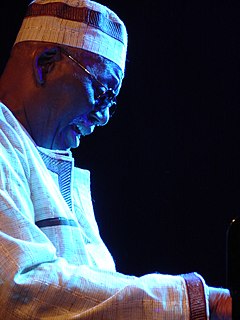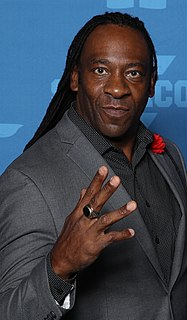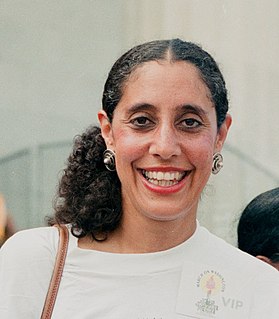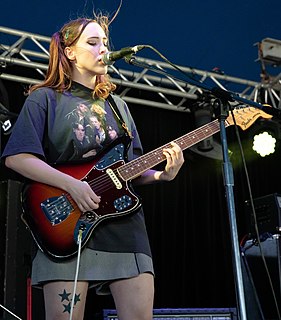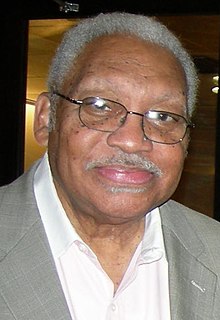A Quote by Ned Block
You ask: What is it that philosophers have called qualitative states? I answer, only half in jest: As Louis Armstrong said when asked what jazz is, 'If you got to ask, you ain't never gonna get to know.'
Related Quotes
The guitar is a means of expressing music, When you get into the emotional side of it, then it's not the guitar that matters so much as the music itself. But the guitar is the vehicle I use. It's how I express myself. As for the emotional side, music takes up where language leaves off. To try and verbalize what music says, emotionally and spiritually, is futile. Let me put it this way, Louis Armstrong once said if you've got to ask, you'll never know.
There's no appreciation for the giants [of jazz]; there's never been a major film on Duke Ellington , never a major film on Louis Armstrong. What they accomplished, we could never accomplish today...What's happening now is lightweight compared to what happened before. If Louis Armstrong was alive today, he'd be a superstar. If Art Tatum was alive today, my god, all the piano players would get on their knees. So that's what's missing today; we've been cut off from our heritage.
My area of research is something that in all fairness has no practical usability whatsoever and the thing is I'm often asked to apologize for that. It is interesting to me that people ask 'what's the point of doing that if it's not useful?' But they never ask that, or do they very rarely ask that about art or literature or music. Those things are not gonna produce a better toaster.
Jerry Lewis played on the very first season of Mad About You, and he played basically himself, but he was called some other name. He said he's never done it; he'd never done a half-hour of [sitcom] television. This was 1992 or '93. And I said, "Well how is that?" And he goes, "Nobody ever asked me." It's like the pretty girl at the dance; everybody's too afraid to ask.
I think that anybody from the 20th century, up to now, has to be aware that if it wasn't for Louis Armstrong, we'd all be wearing powdered wigs. I think that Louis Armstrong loosened the world, helped people to be able to say "Yeah," and to walk with a little dip in their hip. Before Louis Armstrong, the world was definitely square, just like Christopher Columbus thought.
When you ask for happiness and a beautiful life, ask not just for you, but for everyone. When you ask for something better, ask not just for you, but for everyone. By all means ask for abundance and health for you, but also ask for it to be given to everyone. Can you imagine what would happen if six billion people asked for these things for you?
